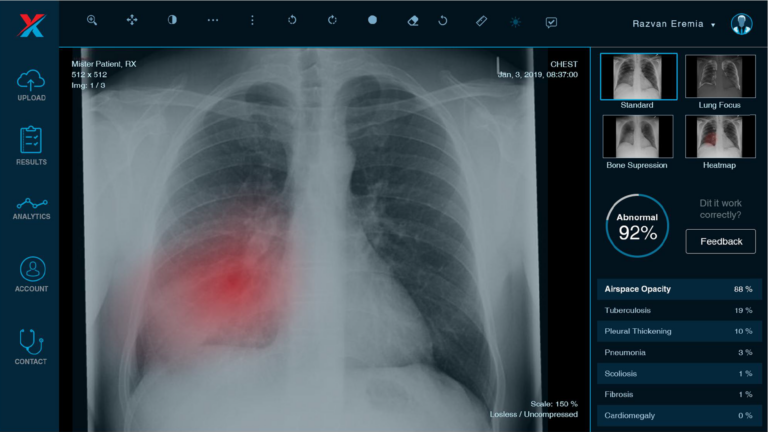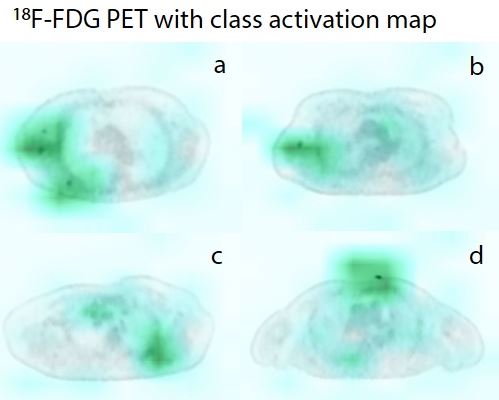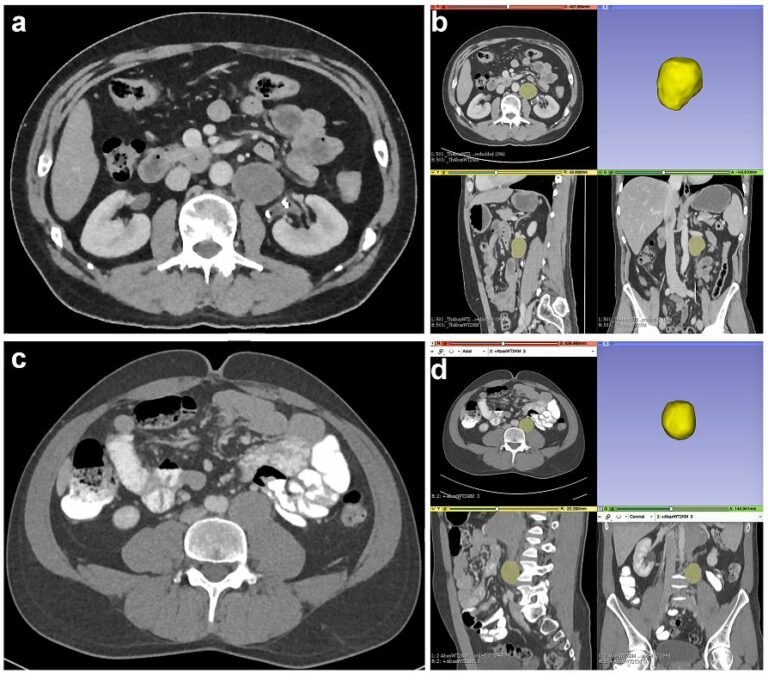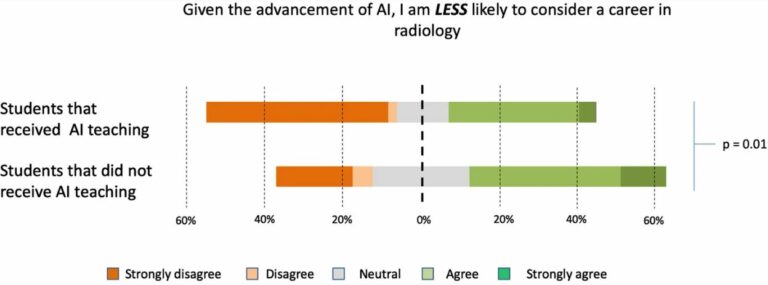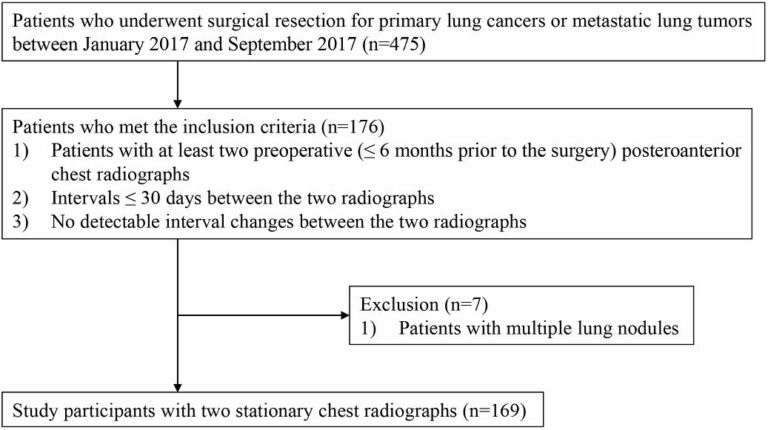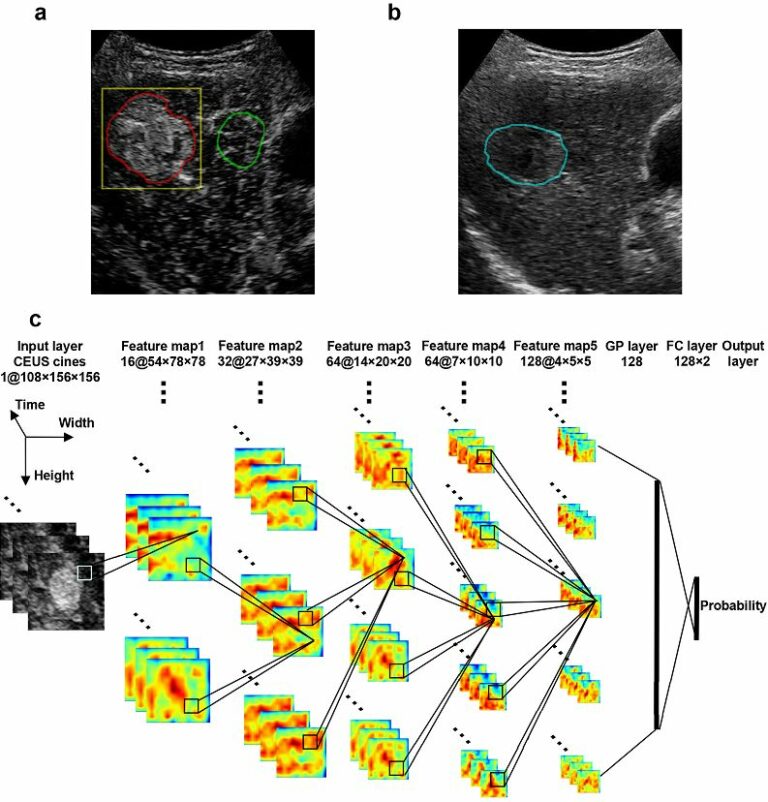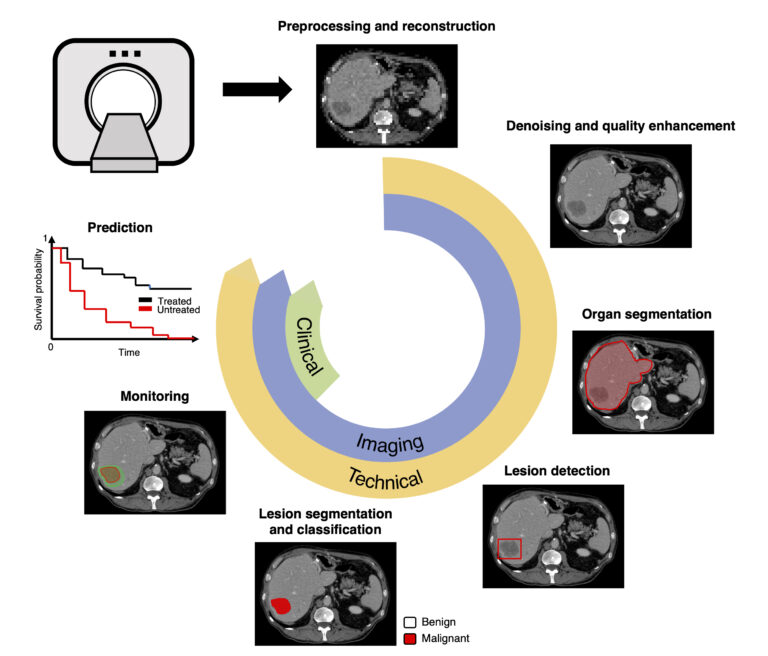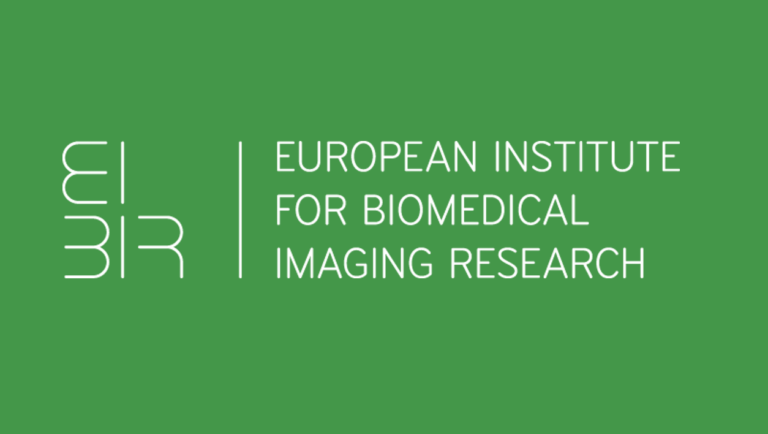
COVID-19 open access imaging datasets
The European Institute for Biomedical Imaging Research (EIBIR) has recently launched an overview of COVID-19 imaging datasets. Imaging databases and registries are essential for diagnosis in radiology, as well as for the development of artificial intelligence tools for machine-based diagnosis. EIBIR compiled a list of open access COVID-19 repositories and datasets, which can be used for teaching, training and/or research.










